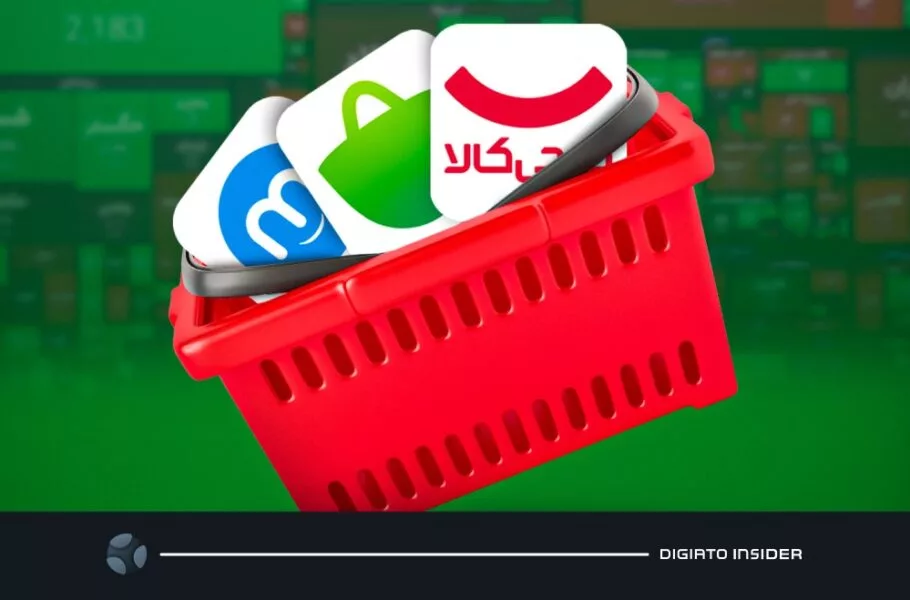
Iranian Startups’ Path to Market Listing: Doors Ajar
For years, innovative companies and startups in Iran—despite significant growth and substantial market share—faced numerous obstacles to entering the capital market.
In Persian, there's a concept of leaving things neither fully open nor completely closed - a state of purposeful in-between. This perfectly describes Iran's stock exchange and over-the-counter (OTC) markets' approach to startups over the past year. The capital markets' doors were left slightly ajar - not as tightly shut as before, yet not fully opened either. While 'Sarava' successfully exited Digikala and 'Hezardastan,' paving the way for some first-generation startups to enter the exchange, major players like 'Divar' and 'Snapp' continue waiting in regulatory limbo.
According to Digiato, for years, innovative companies and startups in Iran—despite significant growth and substantial market share—faced numerous obstacles to entering the capital market. Misalignment with traditional stock exchange listing criteria, ambiguity in the valuation of digital companies, and concerns over corporate governance became major barriers to startup listings.
It has been over four years since the first Iranian startup was admitted to the capital market. After "Tapsi" successfully listed on the OTC market, expectations were high that other members of Iran’s first-generation startup ecosystem would soon follow.
In the summer of 2020, Farhad Dejpasand, then Minister of Economy, claimed efforts were underway to list startups like Digikala, Café Bazaar, Tapsi, Filimo, and Sheypoor on the stock exchange. He promised all five would go public by the end of that summer. Not only did this not happen, but even Tapsi’s IPO was delayed by two years.
Today, Tapsi is no longer the only representative of Iran’s startup ecosystem in the capital market—several other prominent companies have also secured listings, while others still await approval from security and regulatory bodies.
Below, we review the most significant stock market events involving startups over the past year.
The End of a Four-Year Wait for the Market
Five months after the CEO of Cafe Bazaar (an Iranian app store) called Iran’s capital market admission conditions "unfair," the company was finally listed on the OTC market. It appears the end of its four-year wait coincided with Sarava’s exit from Hezardastan (the parent company of Cafe Bazaar and Divar).
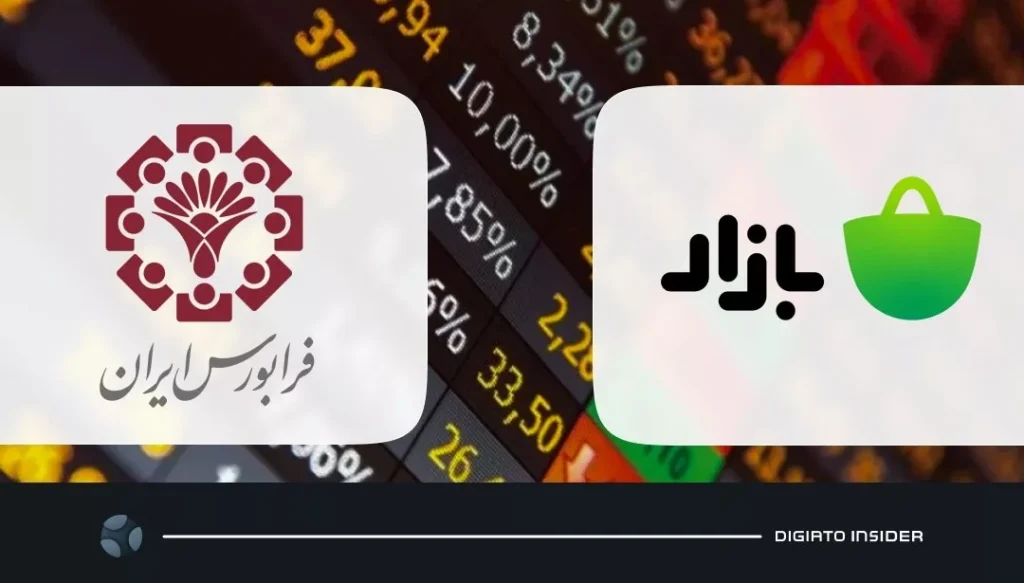
After meeting all listing requirements, Cafe Bazaar was admitted to the "Nowafarin" market on November 11, 2024. This market, launched in fall 2023, is designed to facilitate listings for knowledge-based and startup companies.
However, its IPO remains uncertain. Recently, Hezardastan sold Bazaar to Tapsell for around 2.5 trillion tomans (approx. $50 million). Tapsell’s plans for Bazaar’s IPO are still unclear.
Digikala Also Granted Listing Permission
A month after reports surfaced about Café Bazaar’s admission to the OTC market, news broke that Digikala had also been approved for listing on the Tehran Stock Exchange.
In July 2023, Hamid Mohammadi, then CEO of Digikala, told Digiato they were "waiting for the green light from the authorities." He expressed strong intent to go public, stating they had completed all necessary documentation.
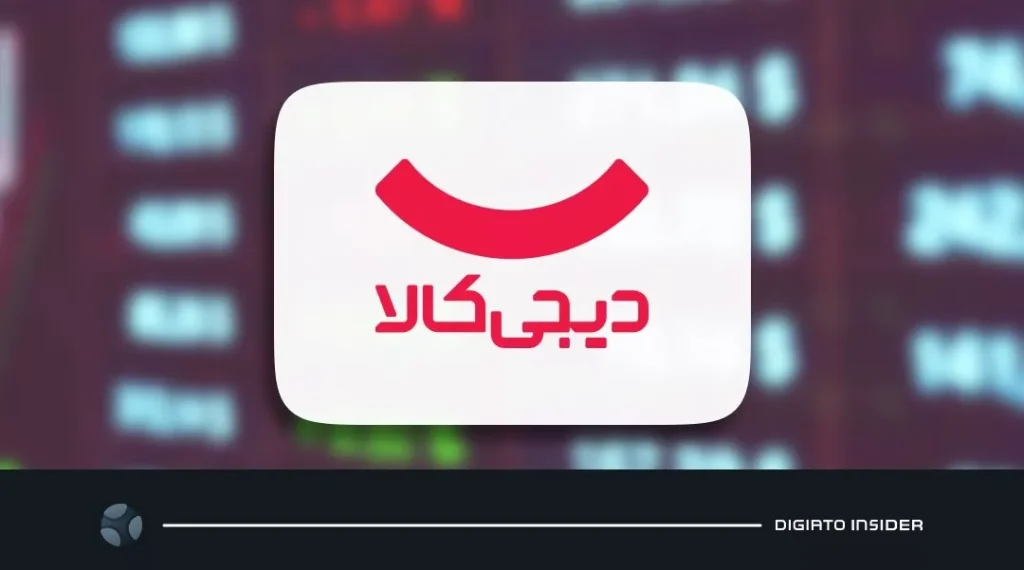
Digikala’s admission followed Sarava’s exit from its shareholder structure. In August 2023, the largest exit in Iran’s startup ecosystem occurred when Sarava sold its shares in Digikala to Mobinnet (a subsidiary of MCI), which spent over 8 trillion tomans (approx. $160 million) on the acquisition.
MCI later announced it would push for Digikala’s IPO, ultimately succeeding in resolving the four-year deadlock.
Another notable outcome of this deal was the official disclosure of Digikala’s financials. In December 2024, MCI’s financial statements revealed that Digikala Group had generated over 13.6 trillion tomans (approx. 272million) in revenue in the first half of the Iranian fiscal year (March–September 2024), with a net profit of 321.8billion tomans.
Official Launch of the Nowafarin OTC Market
In fall 2024, the Nowafarin OTC market was launched to facilitate listings for knowledge-based and startup companies. Despite several companies being admitted and their shares traded, the market was officially unveiled in January 2025.
The market consists of two boards: "Growth" and "Knowledge-Based." Its official launch on December 29, 2024, coincided with the first IPO on the Knowledge-Based board.
Mohammad Ali Shirazi, CEO of Iran’s OTC market, stated that this market focuses on knowledge-based and startup companies, aiming to:
- Support growing mid-sized businesses
- Provide financing for startups
- Enhance transparency and corporate governance
- Introduce new companies to the market
Quiet Listings of Other Digital Economy Players
Myket and YektaNet are among other startups and digital economy firms that have quietly secured listings on the Nowafarin market. Their admissions were announced during the official launch event, but their IPO dates remain unknown.
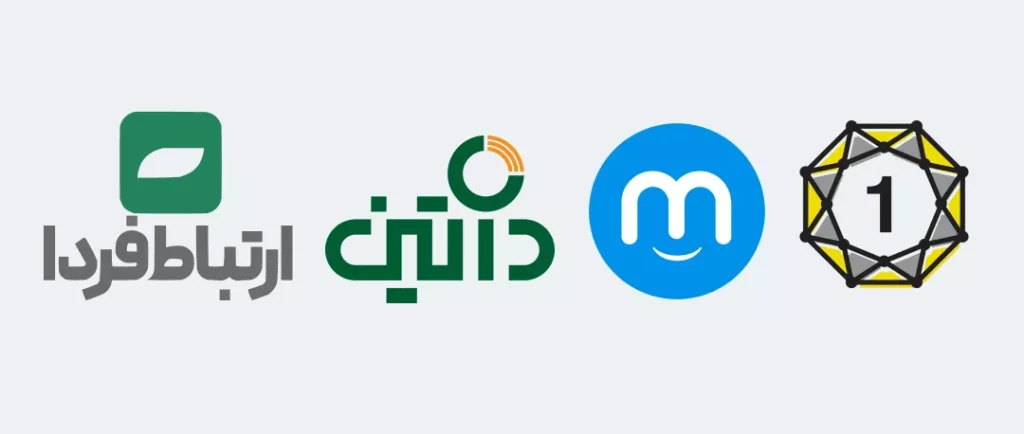
Dotin (a digital payments company) has also been waiting for its stock market debut since 2020. Meanwhile, Ertebaat Farda (a subsidiary of Ayandeh Bank, which owns stakes in startups like Lendo), was listed earlier this year.
Divar Still Behind Closed Doors
With Sarava’s exit from Hezardastan and Café Bazaar’s admission to the Nowafarin market, expectations were high that Divar (another Hezardastan subsidiary) would soon follow. However, it appears the company has yet to receive approval.
On March 12, 2025, Hesam Armandehi, chairman of Hezardastan Group, announced he had been invited to attend a stock exchange admission meeting for Divar. However, as he predicted, the meeting was canceled. Shortly after, Divar issued a statement in response.
Ashkan Armandehi, CEO of Divar, stated: "According to stock exchange officials, the meeting was canceled because the IRGC (Islamic Revolutionary Guard Corps) did not provide clear responses for the necessary approvals."
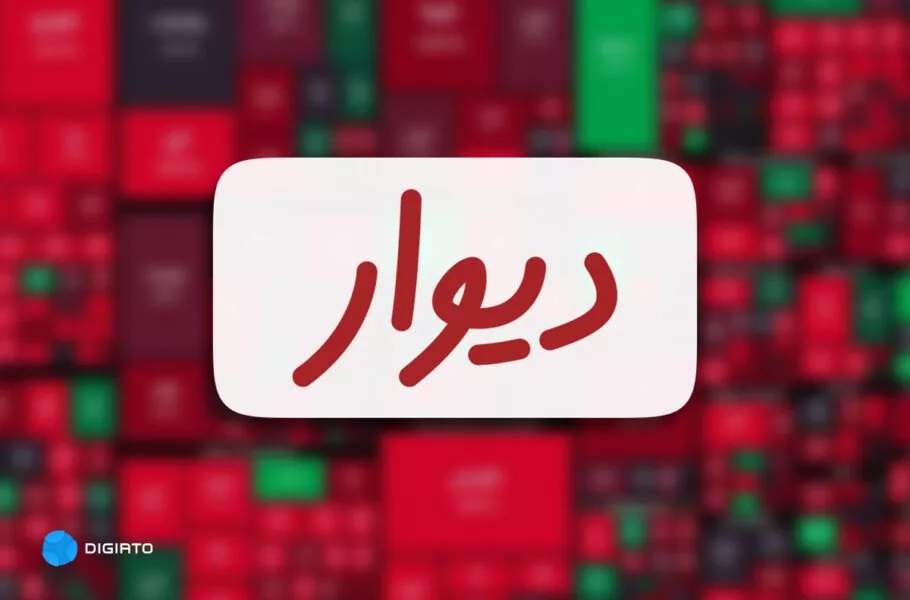
Despite months of negotiations and meetings, no official objections were raised. The Ministry of Intelligence had even issued its approval to the stock exchange.
Under the startup and knowledge-based company listing regulations, if no response is received from security agencies within the stipulated period, the stock exchange may proceed with the listing process. The meeting that day was arranged accordingly but was ultimately canceled.
This occurred despite Hojjatollah Seydi, head of Iran’s Securities and Exchange Organization, acknowledging months earlier that startups and knowledge-based companies face listing challenges—though he cited valuation issues as the primary hurdle.
Tapsi’s Stock Doubles in Value
Since late February 2024, Tapsi has been under new management by Golrang Group, which acquired a 69% stake in the company in January 2024.
During this period, Tapsi broke multiple records, including doubling its daily rides and surpassing 1 million rides in a single day.
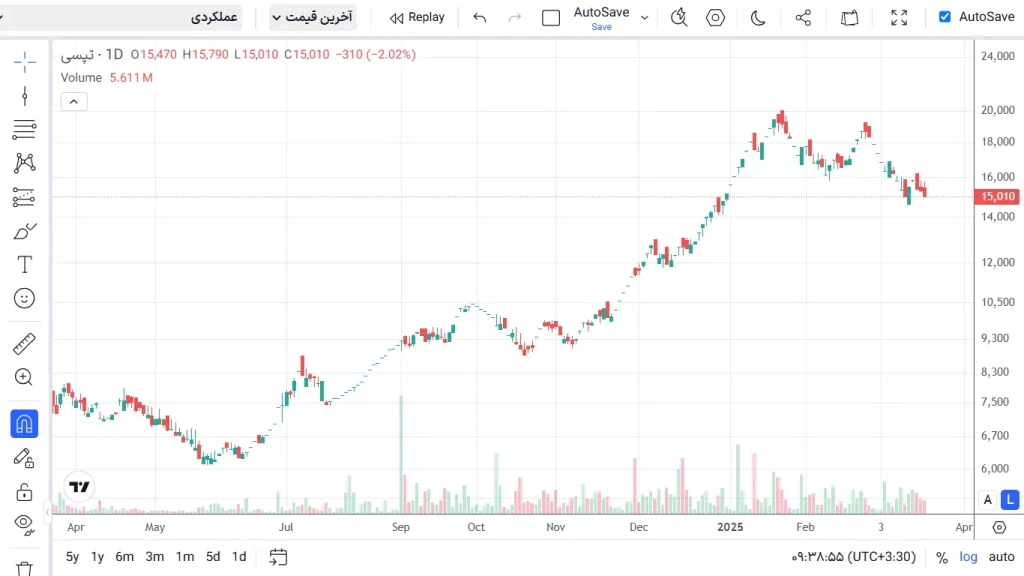
The company’s stock also attracted investor interest, doubling in value over the past year—even as the broader market struggled. For instance, the OTC market index saw a 5% decline over the same period.
Founders of AP Exit
Another high-profile event of the past year was the exit of the founders of Asan Pardakht Persian (AP). Mehdi Shahidi and Hamed Mansouri sold their 42.5% stake in the company to Shahr Bank for 4.653 trillion tomans (approx. $93 million).
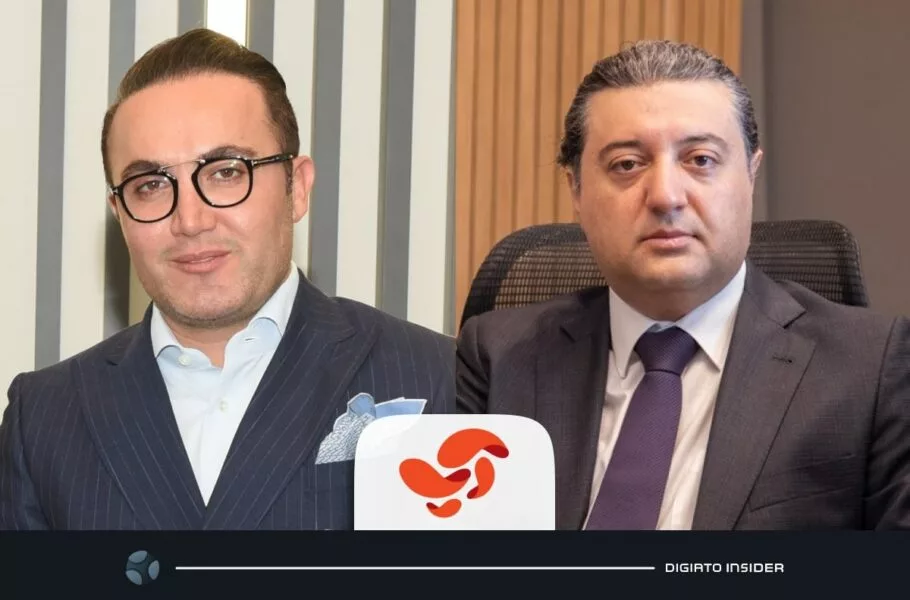
This fueled concerns about the future of Iran’s startup ecosystem. Some argue that entrepreneurs, exhausted by years of regulatory hurdles, are choosing to exit rather than fight on. Others see these exits as a sign of ecosystem maturity, creating opportunities for new investors.
Will the Doors Open Wider in 2025?
Given recent developments, it appears the pace of startup listings may accelerate in the new year. Several companies, including GreenWeb, Achareh, and Chargoon, are preparing for IPOs.
If this trend continues, 2025 could bring more positive news about digital economy players entering the capital market—a sign of the ecosystem’s maturation and a potential boost for Iran’s digital economy.












